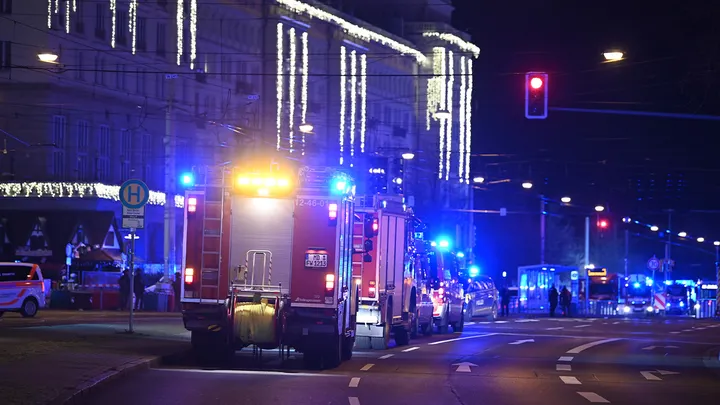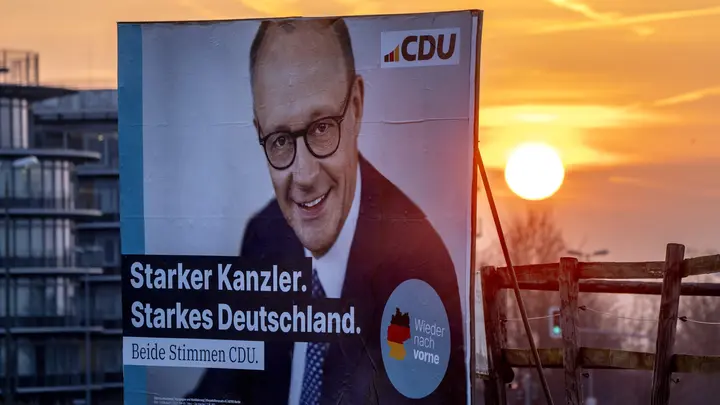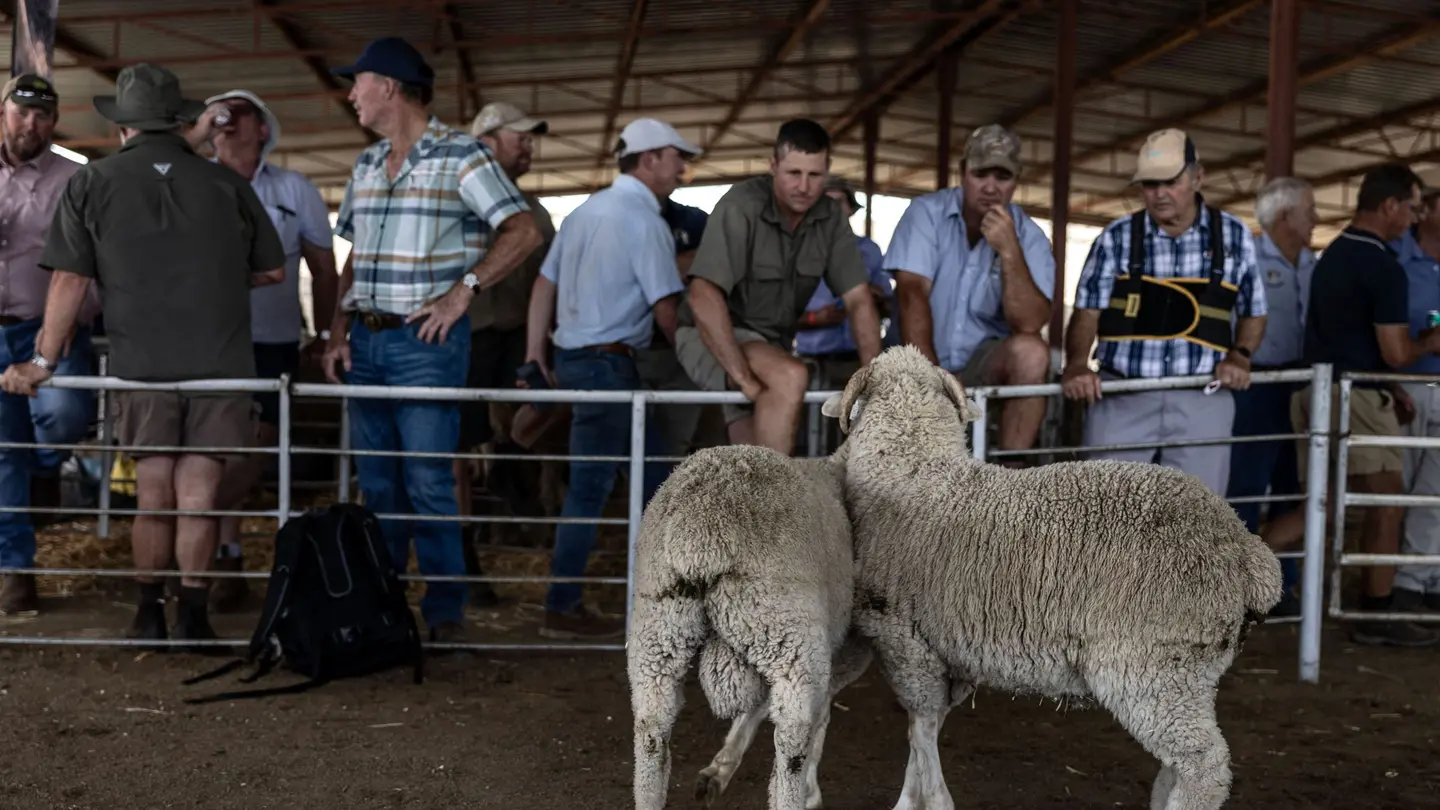Germany is set to hold elections this Sunday, with the conservative Christian Democratic Union (CDU), led by Friedrich Merz, anticipated to unseat current Chancellor Olaf Scholz. Merz has indicated he will not form a coalition with the far-right Alternative for Germany (AfD) party.
The election has garnered international attention, notably from figures like Vice President JD Vance and entrepreneur Elon Musk. Musk has expressed support for the AfD, suggesting they are best positioned to address Germany’s economic challenges. His endorsements have sparked criticism from German officials, with Chancellor Scholz accusing Musk of attempting to influence the nation’s electoral process.

Following a recent stabbing incident in Munich, Musk reiterated his backing of the AfD on social media, stating, “Only AfD can save Germany.” Meanwhile, Vice President Vance met with AfD leader Alice Weidel at the Munich Security Conference, criticizing Germany’s established policy of isolating the AfD from mainstream political collaboration.
The AfD is projected to achieve its strongest electoral performance to date, potentially doubling its vote share from 2021 and securing the position of Germany’s second-largest party. Despite this surge, the CDU’s refusal to partner with the AfD may result in a coalition government comprising parties with divergent agendas, unified primarily by their opposition to the AfD.

Analysts note that while the AfD is unlikely to participate directly in governance, its growing support reflects public concerns over issues such as immigration and economic stability. The party has capitalized on recent violent incidents involving migrants, advocating for stricter immigration policies amid rising migration figures across Germany and the European Union.
Economically, Germany faces challenges including post-pandemic inflation and sluggish growth, factors that have eroded Chancellor Scholz’s popularity and contributed to the disintegration of his coalition government in November over fiscal disagreements.

The AfD’s ascent has not been without controversy. The party remains under surveillance by Germany’s domestic intelligence agency due to concerns about extremist ties, and several of its state-level organizations are being monitored for suspected extremist activities. Despite these issues, the AfD’s influence appears to be growing, prompting discussions about its future role in German politics.
As Germany approaches election day, the political landscape is poised for potential realignment, with significant implications for both domestic policy and international relations.





